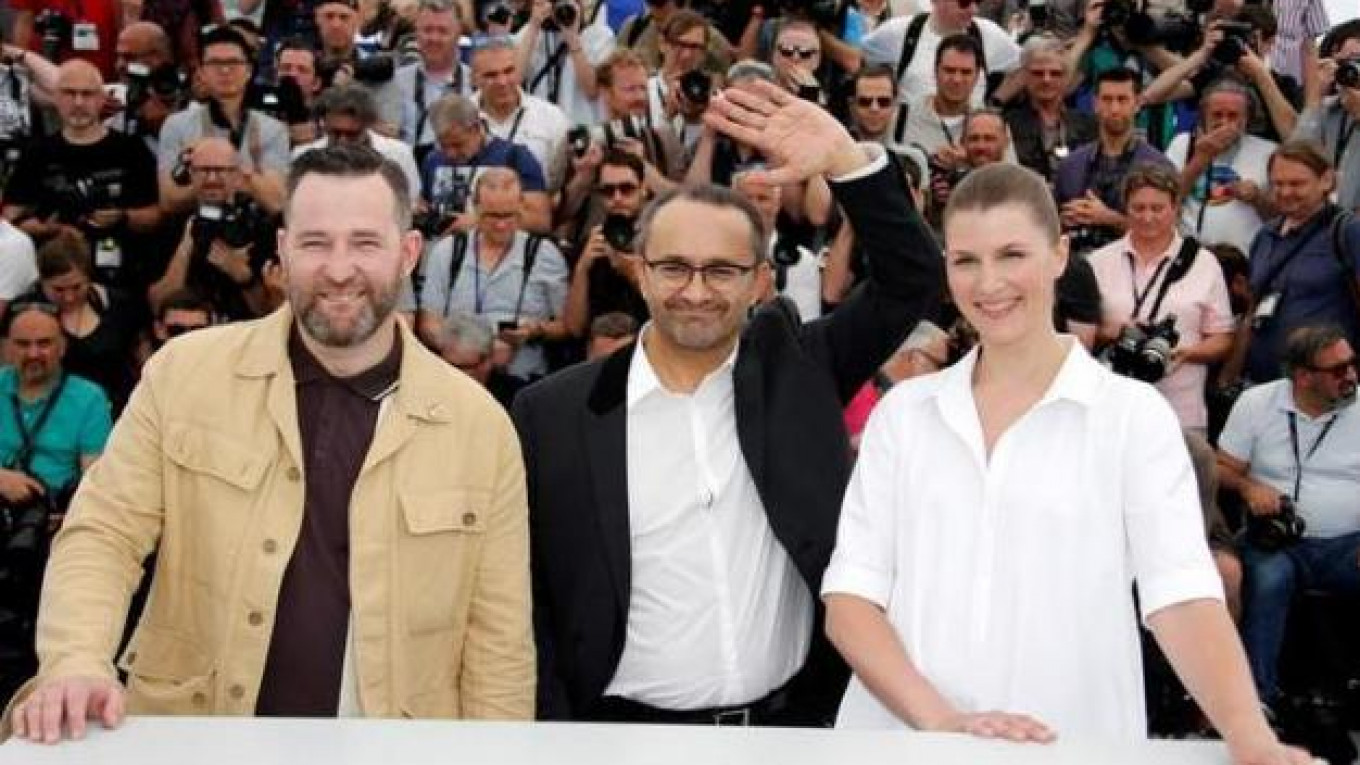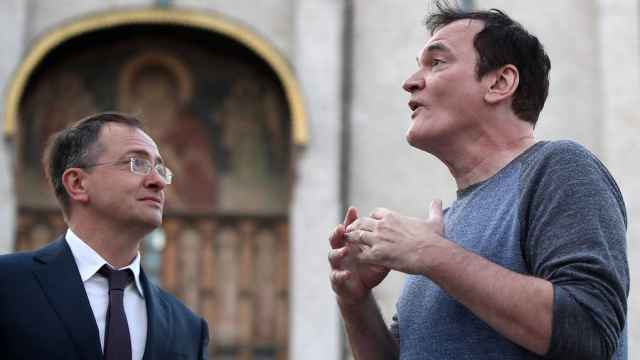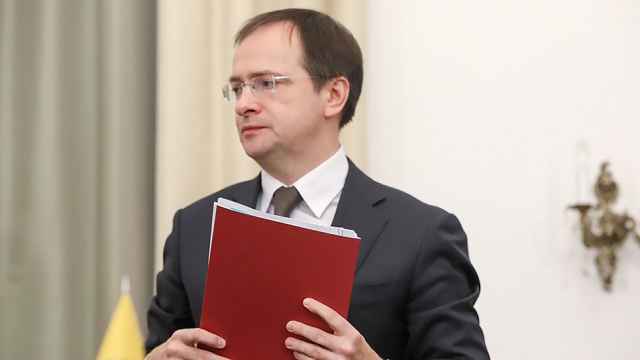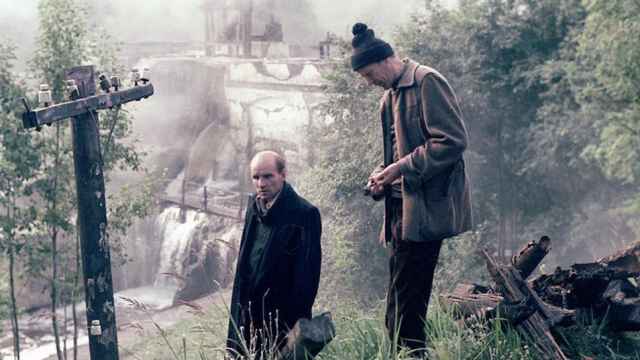Acclaimed Russian director Andrei Zvyagintsev, whose bleak depiction of a provincial man’s struggle against corruption in “Leviathan" brought him global fame in 2014, has won the jury prize at the 70th Cannes Film Festival for his new picture “Loveless.”
The film, which focuses on an estranged Russian couple who are in the throes of a harrowing divorce when their 12-year-old son disappears, was selected for the award by the international jury, headed by Spanish director Pedro Almodovar.
"The main focus for us was the issue of how one person can live with another. The principal characters are on a battlefield: 12-13 years of conjugal life are behind them, and suddenly they find themselves with nothing,” Zvyagintsev told journalists after the announcement of the jury’s decision.
While the director was keen to stress that “Loveless" is about personal relationships rather than politics, he admitted that it had been difficult to completely escape current realities while working on the film, which has led many to draw parallels between the subject of “Loveless” and the situation in Ukraine.
"This metaphor is really just a background. This is a story about people, about the absence of empathy, about constant egoism, self-indulgence, and I didn’t want to turn it into a political statement. Although this background is absolutely clear, and we couldn't not make use of it," he said.
However, many critics have identified a clear link between the intimate drama at the heart of the movie and the socio-political context in which the action takes place.
Writing in the New York Times, Manohla Dargis described "Loveless" as “a vision of breathtaking, casual cruelty that inexorably shifts from the personal into an indictment of a soul-sick country.”
Zvyagintsev emphasized that the award was a "recognition of the merit of the whole group" that had worked on the picture. "A prize from a festival of the level of Cannes is an unbelievable springboard for the film,” he said.
Zvyagintsev has previously won awards at Cannes for his film “Elena,” which won the main prize in the “Special View” category in 2011, and for “Leviathan,” which was named Best Screenplay in 2014.
A Message from The Moscow Times:
Dear readers,
We are facing unprecedented challenges. Russia's Prosecutor General's Office has designated The Moscow Times as an "undesirable" organization, criminalizing our work and putting our staff at risk of prosecution. This follows our earlier unjust labeling as a "foreign agent."
These actions are direct attempts to silence independent journalism in Russia. The authorities claim our work "discredits the decisions of the Russian leadership." We see things differently: we strive to provide accurate, unbiased reporting on Russia.
We, the journalists of The Moscow Times, refuse to be silenced. But to continue our work, we need your help.
Your support, no matter how small, makes a world of difference. If you can, please support us monthly starting from just $2. It's quick to set up, and every contribution makes a significant impact.
By supporting The Moscow Times, you're defending open, independent journalism in the face of repression. Thank you for standing with us.
Remind me later.






